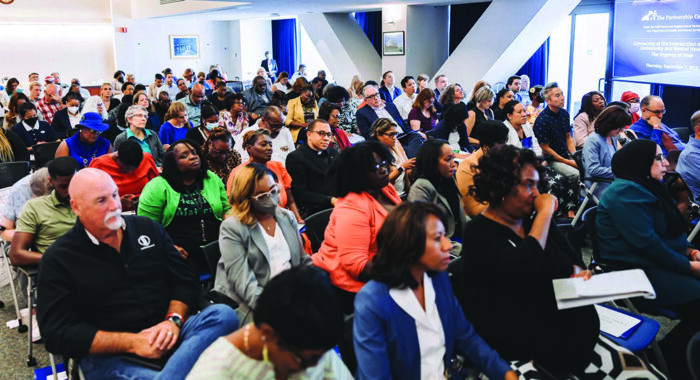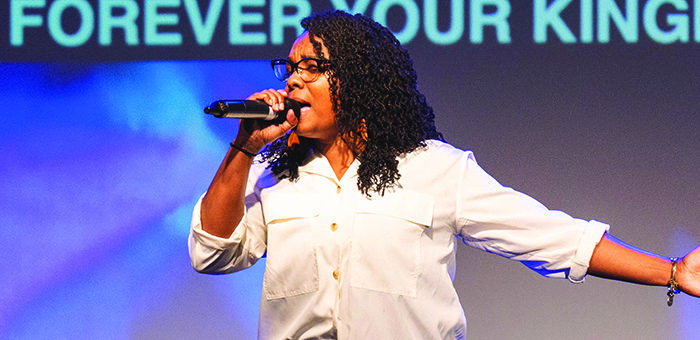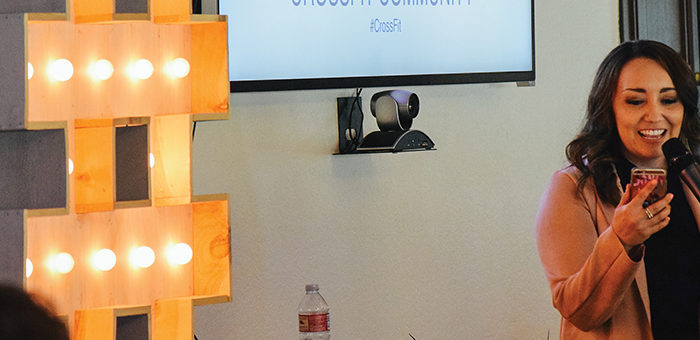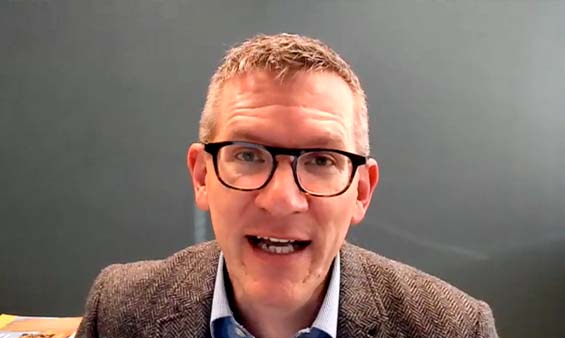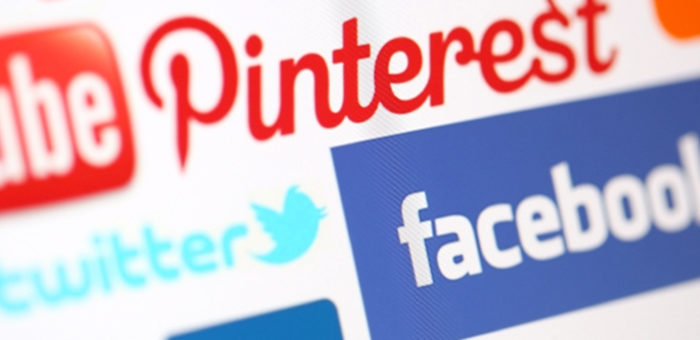
Over three-fourths of evangelical leaders (77 percent) say they believe that human connectedness has decreased in the social media/digital age. Seventeen percent said human connectedness has increased, while 6 percent said it has stayed the same, according to the July/August Evangelical Leaders Survey.
“The breadth of people with whom we interact has appeared to expand — online friends, participation in national discourse, vague affiliations between influencers and followers,” said Walter Kim, president of the National Association of Evangelicals (NAE). “But the demonstrable levels of loneliness and fracturing of in-person communities, changing patterns of work (at home), marriage and home life are converging to weaken the fabric of connectedness.”
Terumi Echols, president and publisher of InterVarsity Press, noted the nation’s increasing depression and suicide rates. “If we define human connectedness as an authentic, deep relationship of knowing someone, caring for them and feeling valued by each other, human connectedness has decreased during the digital age. People have a deep yearning for connection that cannot be replicated online,” she said.
D.A. Horton, assistant professor at California Baptist University, added, “Social media has redefined how relationships are built, cultivated and endure by allowing humans to simply not have to engage with others if there are conflicts, disagreements or differences of values. It also has decreased in quantity regarding the high levels of impatience we now have with each other simply because our electronic devices govern much of our time throughout each day.”
In a recent Today’s Conversation podcast with Kim, Felicia Wu Song, a cultural sociologist of media and digital technologies, discussed the implications that the digital world has on our ability to show empathy and care for one another in our relationships.
“We live in a state of permanent connectivity,” Wu said. “What that means is that even though we might not be literally looking at a screen at a given moment, increasingly a part of our consciousness is dedicated to thinking about or waiting on that email or that post or that notification, and so that whenever I am engaged with someone, a part of my spirit and being is preoccupied knowing that something else is happening somewhere else.”
At the same time, evangelical leaders recognized and expressed gratefulness for the ways that social media has enabled them to maintain relationships that may not have been as easy previously. Some leaders noted the difference between quantity and quality, and that quantity does still has value. There are also new opportunities in the digital age to reach more people with the gospel of Jesus Christ.
The Evangelical Leaders Survey is a monthly poll of the Board of Directors of the National Association of Evangelicals. They include the CEOs of denominations and representatives of a broad array of evangelical organizations including missions, universities, publishers and churches.



 View All Surveys
View All Surveys 



